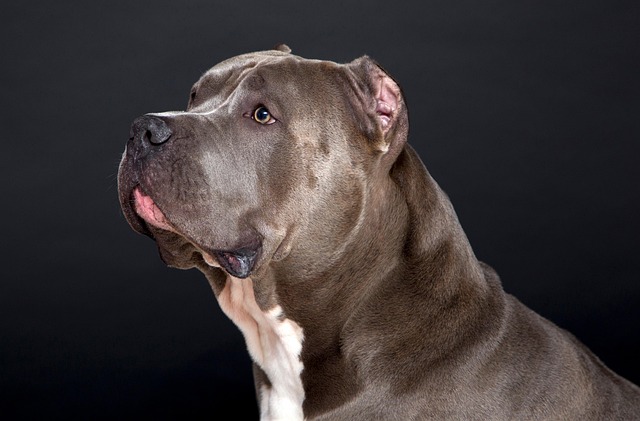
How to deal with an extremely disobedient dog?
Dogs acting out—chewing furniture, darting through open doors, ignoring commands—isn’t just frustrating. It often signals unmet needs, whether physical, mental, or emotional. Before reacting, step back.
Picture your squishy 8-week-old Golden Retriever puppy, Luna, tilting her head when you call her name – only to promptly chomp your shoelace instead. That adorable confusion begs the question: when do puppies truly grasp their identity? Most pups start recognizing their name between 6-12 weeks with proper training, but rescue dogs or late-starters may take until 14-16 weeks. Before beginning, prioritize vet visits and vaccinations – rabies shots become legally mandatory around 12-16 weeks in places like Florida or France, and public socialization should wait until vaccines are complete.
The science hinges on critical developmental windows. Puppy brains are most receptive to name association between 6-14 weeks – their neural pathways rapidly form connections through positive experiences. It’s pure classical conditioning: when "Luna" consistently predicts chicken treats or belly rubs before commands, her brain wires that sound to mean "Attention = rewards!" But breed matters: Velcro-dogs like Cavaliers learn faster than independent Malamutes.
Start training the day you bring her home. In your distraction-free apartment bedroom (TV off, windows closed against city noise), sit on the floor with pea-sized boiled chicken. Say "Luna!" in a singsong voice once. The nanosecond her eyes meet yours, mark with "GOOD!" and reward instantly. Keep sessions under 90 seconds – repeat 6x daily during alert moments (after naps/before meals). By week 2, add gentle challenges: call her name while she’s sniffing a toy, rewarding disengagement. Apartment dwellers: practice near the front door (leashed!) to prep for hallway distractions. If she ignores you, never repeat her name – a light finger-tap on your knee redirects attention, then say "Luna" and celebrate the glance.
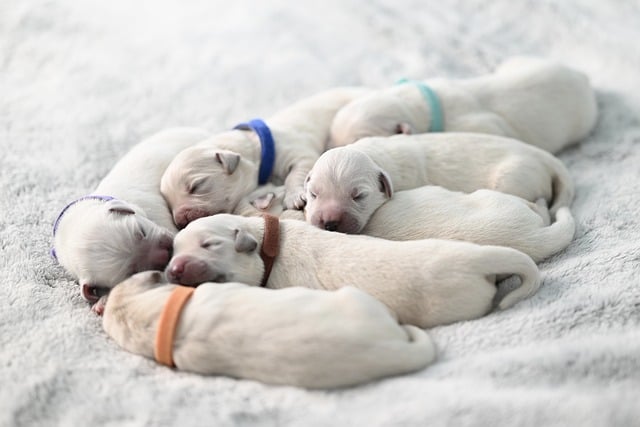
Cultural and legal realities shape this process. Force-free methods aren’t optional – startling or scolding puppies violates animal welfare laws across Germany and California. Leash etiquette is critical: until Luna masters recall (around 6 months), always leash her in communal spaces like apartment elevators or Seattle’s Green Lake Park. Allowing her to approach leashed dogs breaches community trust (and risks fines). Biodegradable bags are non-negotiable – if excited training triggers an accident on a London pavement, instant cleanup avoids £150 penalties.
By 12 weeks, consistent joy-based training transforms "Luna" from noise to a bond-building beacon.

Dogs acting out—chewing furniture, darting through open doors, ignoring commands—isn’t just frustrating. It often signals unmet needs, whether physical, mental, or emotional. Before reacting, step back.

There’s something endlessly charming about a dog offering a paw when asked—it turns ordinary moments into little shows of connection.
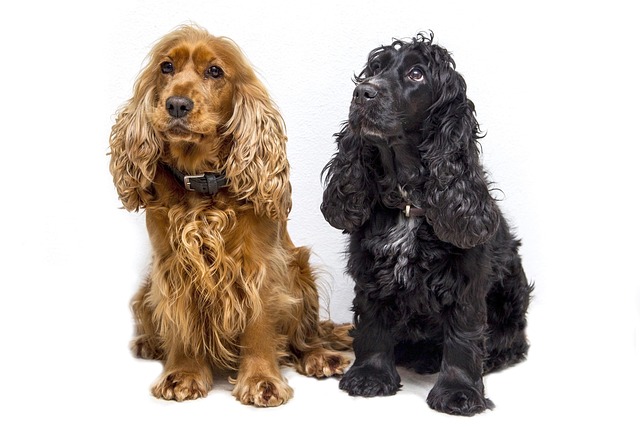
Cocker spaniels thrive on company—those big, soft eyes and wagging tails were made for bonding. But when left alone, their sensitive nature can spiral into whining, chewing, or worse.
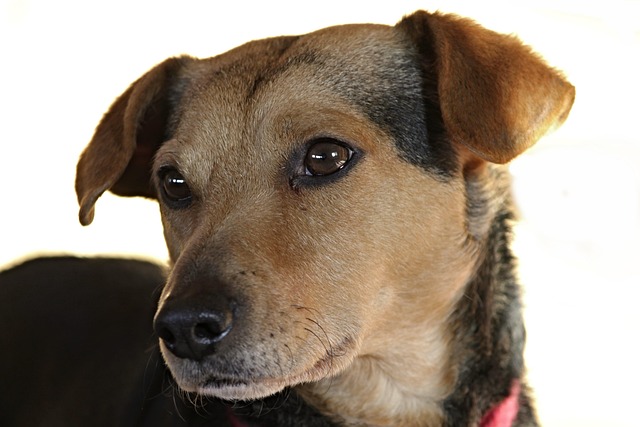
That gray muzzle doesn’t mean your dog’s learning days are over. Even a 10-year-old lab who’s never mastered “stay” can pick up new skills—they just need a little patience and the right approach.
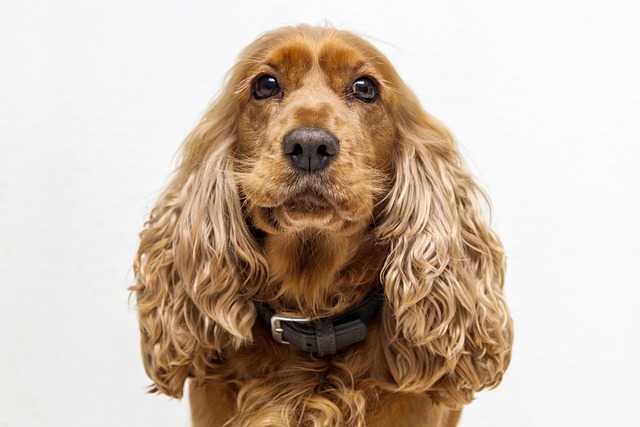
Cocker spaniels, with their wagging tails and curious noses, love exploring every nook and cranny—which can make lead training feel like herding a bundle of energy.
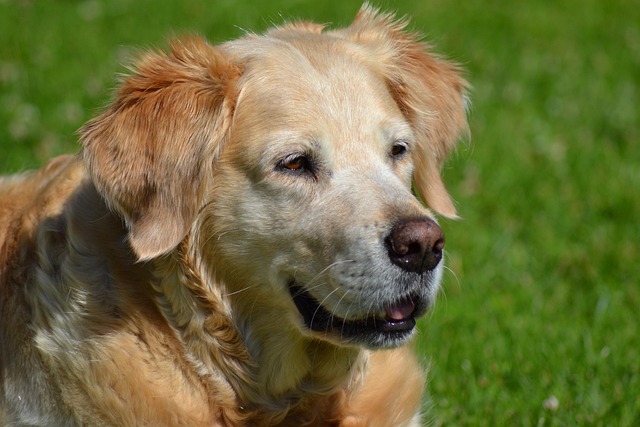
You’re standing at your apartment entrance on a crisp New York morning, leash in hand, ready for a refreshing walk. But your normally eager corgi sits frozen on the lobby tiles